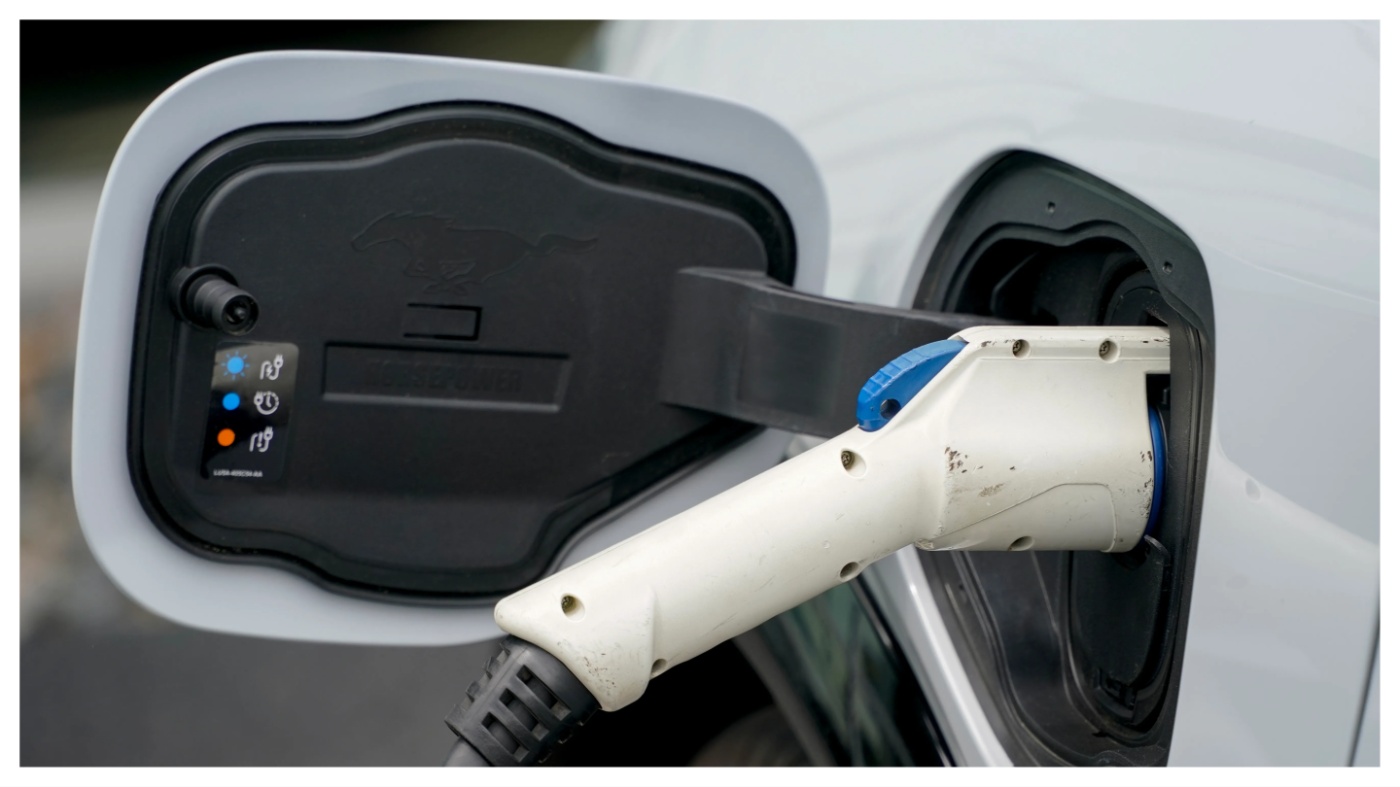President Trump has signed a measure overturning California’s mandate to phase out gas-powered cars by 2035, reigniting a legal battle with the Golden State over environmental regulations.
Trump signs measure to overturn California’s EV mandate

Key Takeaways:
- President Trump signed a resolution overturning California’s EV mandate.
- The California rule aimed to phase out the sale of gas-powered cars by 2035.
- This move sets off another legal fight between the Trump administration and California.
- The decision could impact the future adoption of electric vehicles in the U.S.
- Federal and state authorities are in conflict over environmental policies.
Trump Revokes California’s Plan to Phase Out Gas-Powered Cars
President Trump moved to overturn California’s electric vehicle (EV) mandate on Thursday, setting off another legal fight with the Golden State. The California rule, which aimed to phase out the sale of gas-powered cars by 2035, was a significant step toward reducing greenhouse gas emissions and combating climate change.
A Bold Environmental Initiative
California’s mandate was one of the most ambitious environmental policies in the nation. By requiring all new cars sold in the state to be electric or otherwise zero-emission by 2035, California sought to lead the way in reducing reliance on fossil fuels. The rule was expected to significantly cut air pollution and set a precedent for other states to follow.
Federal Pushback
Trump’s decision to overturn the mandate highlights the ongoing tension between federal and state authorities over environmental regulations. By signing a congressional resolution to revoke the state rule, the administration asserts federal authority over state-level environmental initiatives. This action marks another in a series of clashes between the Trump administration and California on issues ranging from emissions standards to renewable energy policies.
Implications for the Auto Industry
The revocation of the mandate could have far-reaching effects on the auto industry. Manufacturers who were preparing to increase production of electric vehicles to meet California’s standards may need to adjust their strategies. The decision may slow the transition to electric vehicles nationwide, affecting efforts to address climate change.
Legal Battles Loom
California is expected to challenge the administration’s move, continuing a pattern of legal disputes over states’ rights to set their own environmental policies. The outcome of this conflict could have significant implications for the balance of power between state and federal governments and the future of environmental regulation in the United States.











